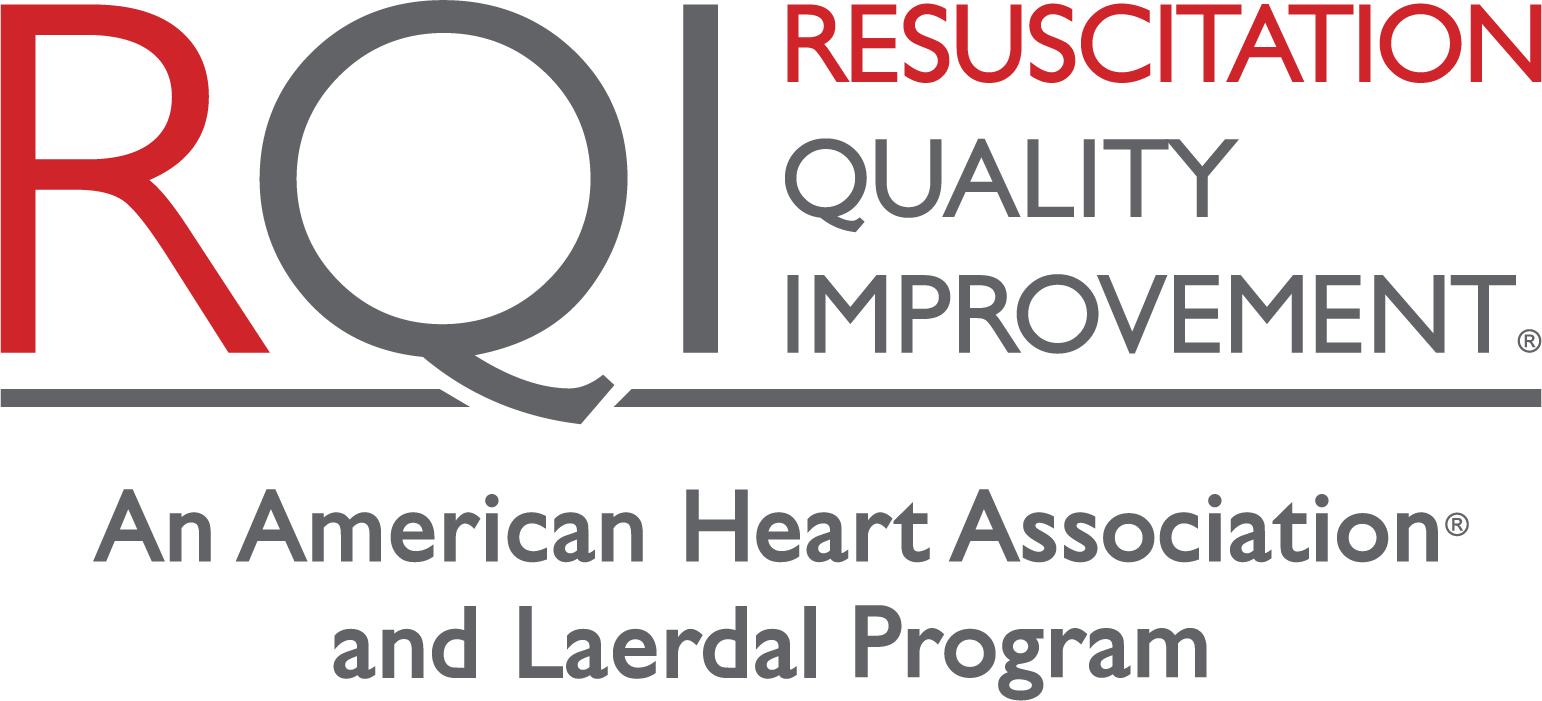Contextual Learning, Debriefing, Deliberate Practice, Education Science Guidelines, Feedback, Low Dose, High Frequency, Mastery Learning
Adaptive Learning, Contextual Learning, Debriefing, Deliberate Practice, Low Dose, High Frequency
Best Practices for Education and Training of Resuscitation Teams for In-Hospital Cardiac Arrest
Deliberate Practice, Feedback, International, Low Dose, High Frequency
Cardiopulmonary resuscitation retention training for hospital nurses by a self-learner skills station or the traditional instructor led course: A randomised controlled trial
Deliberate Practice, Feedback, International
Effect of Audiovisual Cardiopulmonary Resuscitation Feedback Device on Improving Chest Compression Quality
Study demonstrates that real-time feedback devices with auditory and visual components help physicians and nurses in improving the quality of chest compressions.
Deliberate Practice, Feedback, International, Low Dose, High Frequency
Deliberate practice in resuscitation training using a feedback device, and the effects of the physical characteristics of the rescuer on the acquisition and retention of cardiopulmonary resuscitation skills: Randomized clinical trial
Assessment, Contextual Learning, Debriefing, Deliberate Practice, Feedback, Low Dose, High Frequency, Mastery Learning
Resuscitation Education Science: Educational Strategies to Improve Outcomes From Cardiac Arrest: A Scientific Statement From the American Heart Association
Assessment, Deliberate Practice, International
Automated Testing Combined With Automated Retraining to Improve CPR Skill Level in Emergency Nurses
Automated testing with feedback effectively detected emergency nurses who needed CPR retraining; this type of training and retesting improved skills to a predefined pass level.
Deliberate Practice, Low Dose, High Frequency
Effects of Practice on Competency in Single-Rescuer Cardiopulmonary Resuscitation
Brief, frequent practice on manikins with automated feedback is an effective strategy for nurses to maintain skills in single-rescuer CPR.
Debriefing, Deliberate Practice, Mastery Learning
“Putting It All Together” to Improve Resuscitation Quality
Improving training before, monitoring CPR quality during, and debriefing participants after resuscitation events has the potential to improve the quality of care delivered to cardiac arrest victims.
Deliberate Practice, Mastery Learning
Retention of Pediatric Resuscitation Performance After a Simulation-Based Mastery Learning Session: A Multicenter Randomized Trial
Mastery-based learning resulted in 71% of providers maintaining mastery-performance at 4 months.
